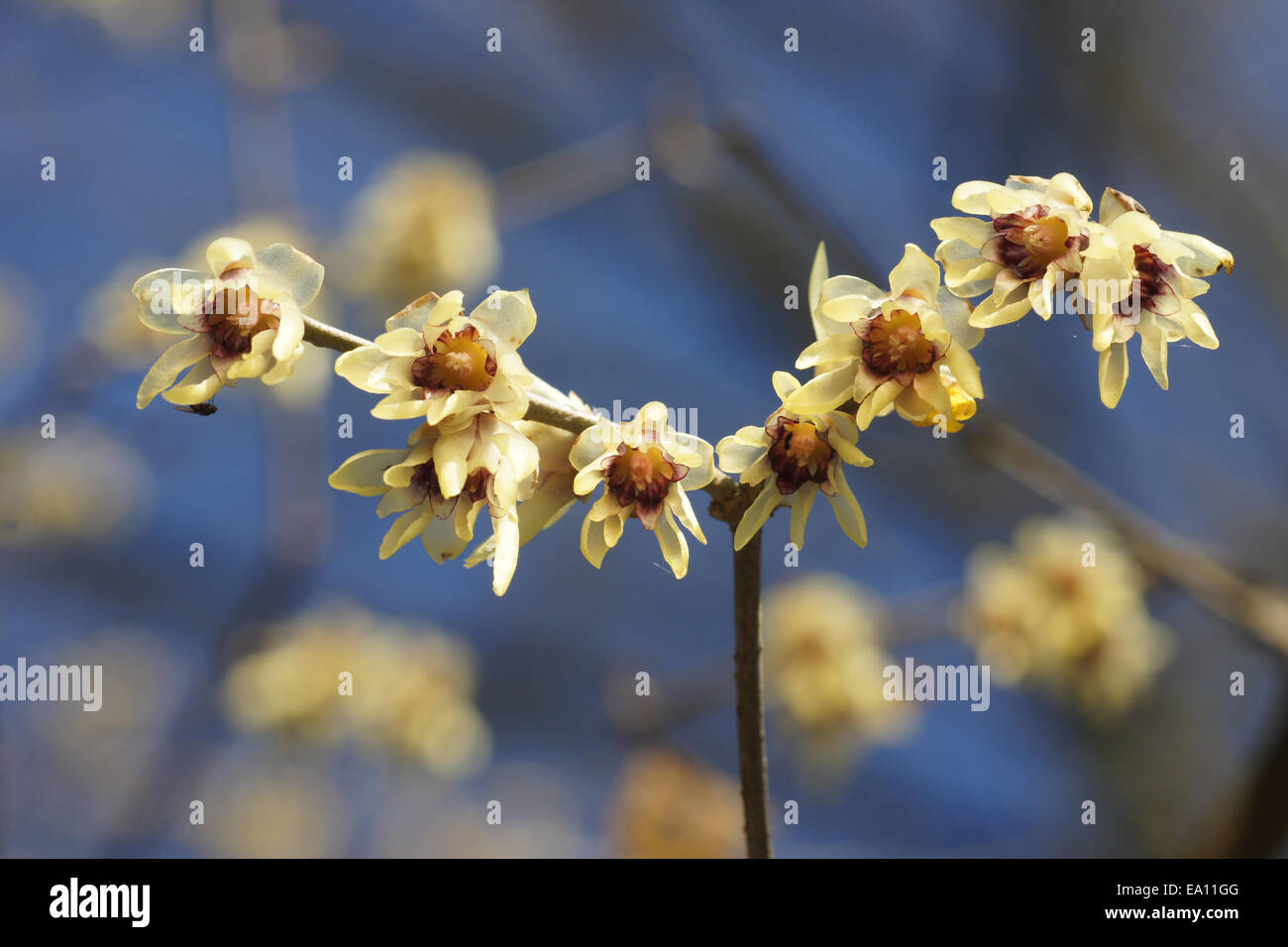

The name terpenoids and benzenoids might remind us of ‘not-so-floral’ smells of benzene and terpenes but subtle modifications in the chemical composition generate a large variation in the aroma profile of these derivatives. 2014), of which the first two are most abundant. However, they belong to the three major classes: terpenoids, benzenoids and fatty acid derivatives (Muhlemann et al. Analytical techniques such as gas-chromatography and mass-spectroscopy revealed that the VOCs emitted by fragrant flowers have staggering chemical diversity.

Our attractions to floral aromas certainly provide the plants some advantages as we cultivate and propagate them.įor centuries we have been attempting to tease apart and incorporate the components of floral aromas in our perfumes and other toiletries. Certain plant aromas also act to repel thieving insects like ants, which steal nectar from flowers but do not pollinate them (Ballantyne and Willmer 2012).

The volatile organic compounds (VOCs) that constitute floral scents often have antimicrobial properties that defend that plant against pathogens (Junker and Tholl 2013). Other than attracting pollinators, floral aromas also play roles in plant defense. (corpse lily), which emits the smell of rotting meat. One good example of fly-pollinated flowers is Rafflesia sp. We usually prefer the perfume of the flowers that are pollinated by bees and moths, and we would surely dislike the smell of flowers pollinated by flies. Whether the wide range of variations in floral aromas has evolved to attract specific pollinators (bees, moths, bats, hummingbirds, etc.) is an area of active research (Glover 2011). Fragrances are powerful chemical signals that plants use to advertise their presence to their pollinators. While we may greatly appreciate floral fragrances, we should not flatter ourselves – the flowers do not emit these fragrances for us. Shakespeare is not alone praises of floral aromas are frequent in our prose, poems, metaphors and idioms.

‘What’s in a name? That which we call a rose, by any other name would smell as sweet' – the verse from Shakespeare's Romeo and Juliet is overused but nonetheless captures how strongly we associate flowers with fragrances.


 0 kommentar(er)
0 kommentar(er)
